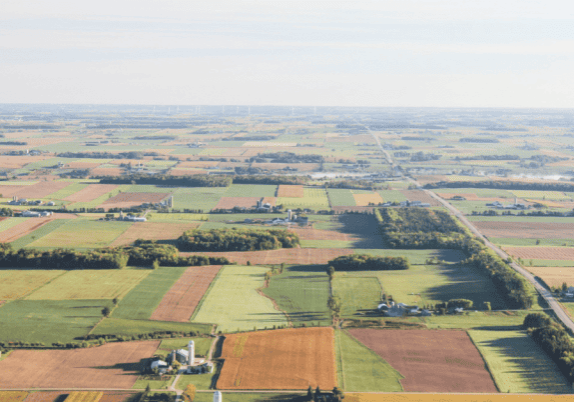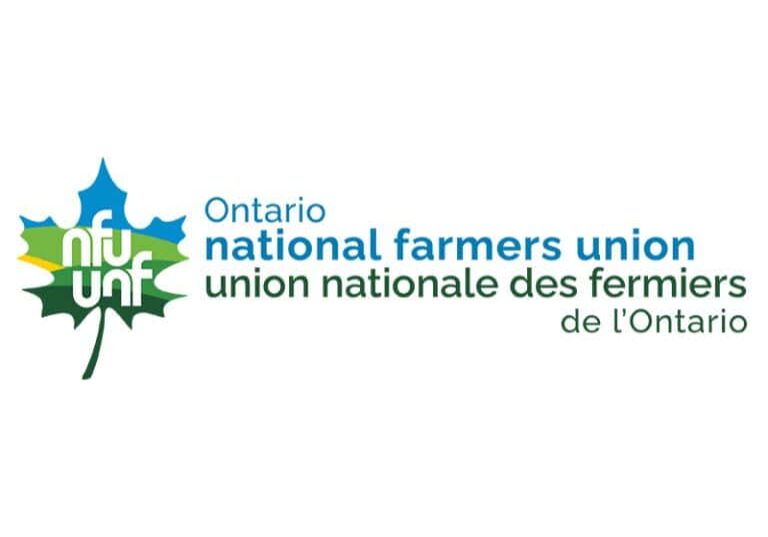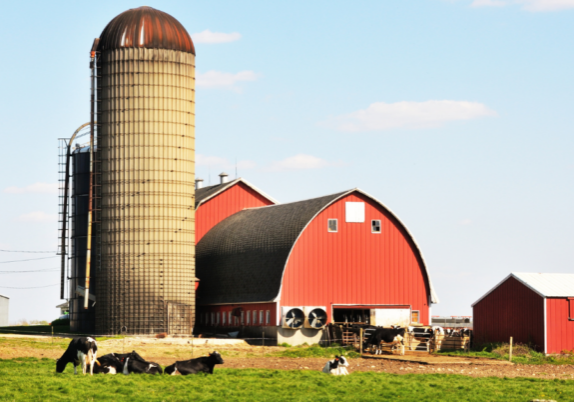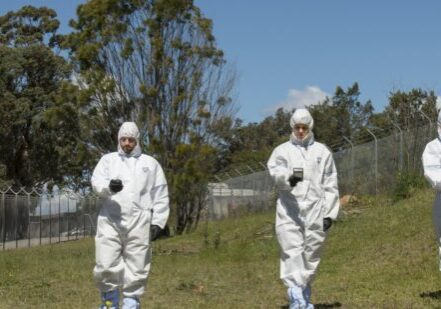Comments on Proposed Water Quality Management Framework (ERO 019-2017)
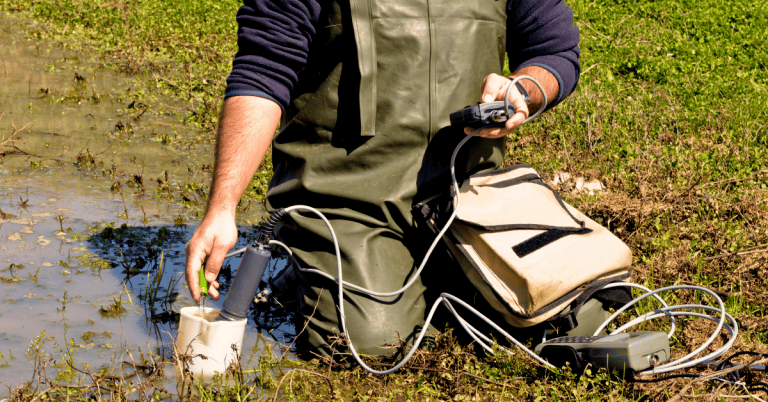
To Whom It May Concern:
The National Farmers Union – Ontario (NFU-O) is a provincially accredited general farm organization whose members work together to advocate for policies that maintain small and medium-sized family farms as the primary food producers in Canada. The NFU-O believes agriculture should be economically, socially, and environmentally sustainable and lead to enriched soils, biodiverse ecosystems, financially viable farms, healthy and safe food and thriving rural communities. We appreciate this opportunity to comment on the Ministry’s proposed updates to the Province’s Water Quantity Management Framework and would like to share these thoughts and suggestions.
Access to safe, clean, healthy water and sanitation has been deemed to be a human right by the United Nations of which Canada is a signatory. As access to and the affordability of water becomes more and more of a serious issue for many countries and as Canada’s Indigenous communities shamefully remain without access to clean water, the necessity of drafting policies that ensure a viable, sustainable, and affordable supply becomes glaringly apparent. Only public ownership of supply and distribution can ensure this. The trend to commodify, privatize, speculate, and even divert water by various means must be prohibited with safeguards put in place to protect the public’s best interests. This is how we uphold the spirit and intent of the U.N. Human Right to safe, clean, healthy water, and sanitation. Anything less is a compromise.
Water quantity management should not just be a discussion of adequacy in certain areas, but should be one of adequacy across the entire Great Lakes basin. Correctly regulated water used for residential, agricultural, commercial, and industrial purposes is water that will stay within the basin’s water balance with no net loss of the overall supply, ensuring sustainability. But water taken by groundwater bottling operations will be consumed outside of the Great Lakes basin, never to return, becoming a commodified export with negative implications for future sustainability of supply.
The federal government’s promotion of the Barton Report, encouraging the agricultural export of water-intensive fruit and vegetable production to the scale of $75 billion by 2025, has now seen its target increased to $85 billion by 2025. Justification for this ambitious target is that our water supply is endless. Short-sighted thinking such as this has consequences for the Ontario public. This proposal does not take into consideration the changing nature of water demand nor the scale of the change.
Proposal Details
The Great Lakes Compact is an agreement of all U.S. basin states and two Canadian provinces to ensure that water diversions in the basin do not result in water leaving the basin. Water-taking operations that result in water leaving the basin do not comply with the spirit and intent of the compact agreed to by provincial and state governments. Locations of all basin area water-taking permits need to be identified and specifics of the intensity of the operations made known to residents of the basin on an easily accessible platform.
Proposal for Implementation Guidance
The proposed guidance to support implementing area-based water quantity management is predicated on responding to a problem when the problem has already arrived. There are no precautionary measures in place to anticipate these stresses on quantity. This is an abdication of management.
The Priority of Water Use Guidance is useful in trying to attempt to minimize the consequences of water shortages for the greatest number of residents, so the benefits with the strategy are clearly laid out.
Proposal to Revoke the Interim Guidance for Bottled Water Renewals
Though an independent third-party confirmed the Ministry’s findings in an unpublished report, the federal Canada Water Agency, which is tasked with the mandate to update Canada’s water policies and coordinate water management and protection efforts, has changed Canada’s water priorities. Through the Ministers of Environment and Climate Change and Agriculture and Agri-Food Canada, consultations will seek input into the Agency’s mandate. Postponing the end of the bottled water moratorium for one year, until April 1, 2022, will provide Ontarians the opportunity to review the federal vision of groundwater in Ontario, provide input, and perhaps benefit by their insight. This opportunity is not the time to rush decisions on revoking the interim guidance.
Suggesting that the proposed enhancements to the Ministry’s Permit to Take Water application process, along with the changes to the Ontario Water Resources Act that would give municipalities more direct input into bottled water withdrawal decisions, still denies the residents affected or impacted the right to deny the approval of an application. More details need to be provided.
We reject any changes that would reduce transparency of the water-taking and permitting process, including reducing the length of the renewal postings. The ministry publication of all permit water taking data shall be mandatory, not just allowed. The ministry shall also maintain a Standing Risk Assessment Plan that is reviewed at a maximum interval of five years.
Given the variability of weather that we have seen over the past five years, we cannot support extending the permit timeline beyond five years. We cannot know what climate change and extreme weather patterns will do to our groundwater sources and entering into ten-year contracts prioritizes the water bottling company’s needs over the Ontario public’s needs. And while we support that the Minister should retain the authority to order decreases in water takings at any time, we are unclear on why the Ministry would remove the mandatory reductions in water taking during a drought. We support strengthening the authority of the Permit to Take Water Director to apply additional permit conditions or requirements for renewal applications.
Finally, as we noted above, it is shameful that some of our Indigenous communities remain without access to clean water. As part of their rights to self-govern, they must be consulted as part of the water taking permit process.
Sincerely,
Don Ciparis,
National Farmers Union – Ontario President

